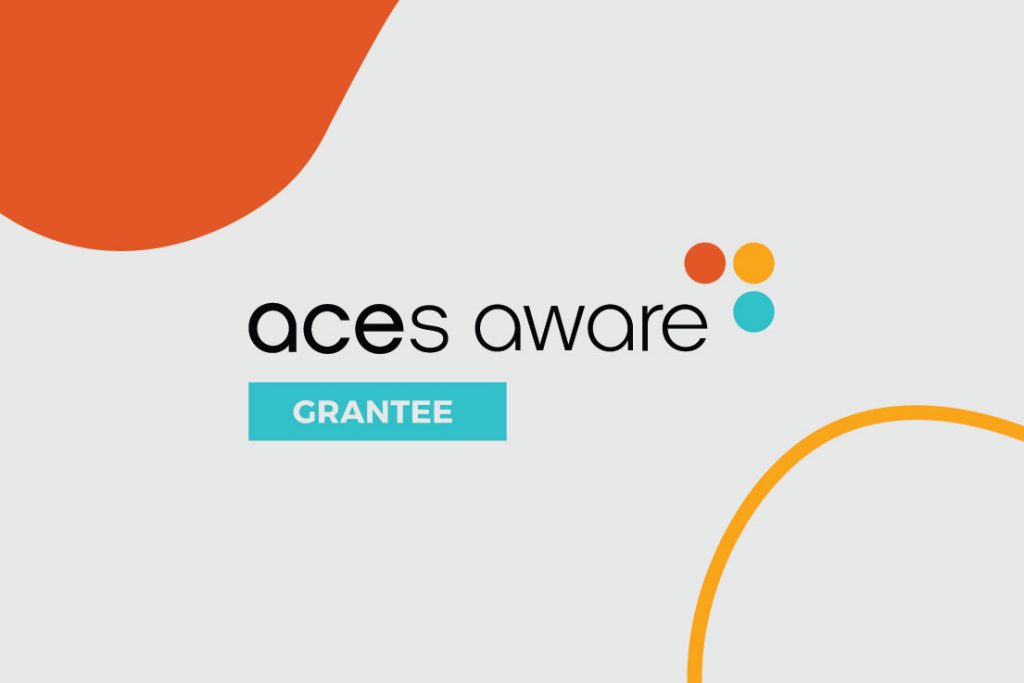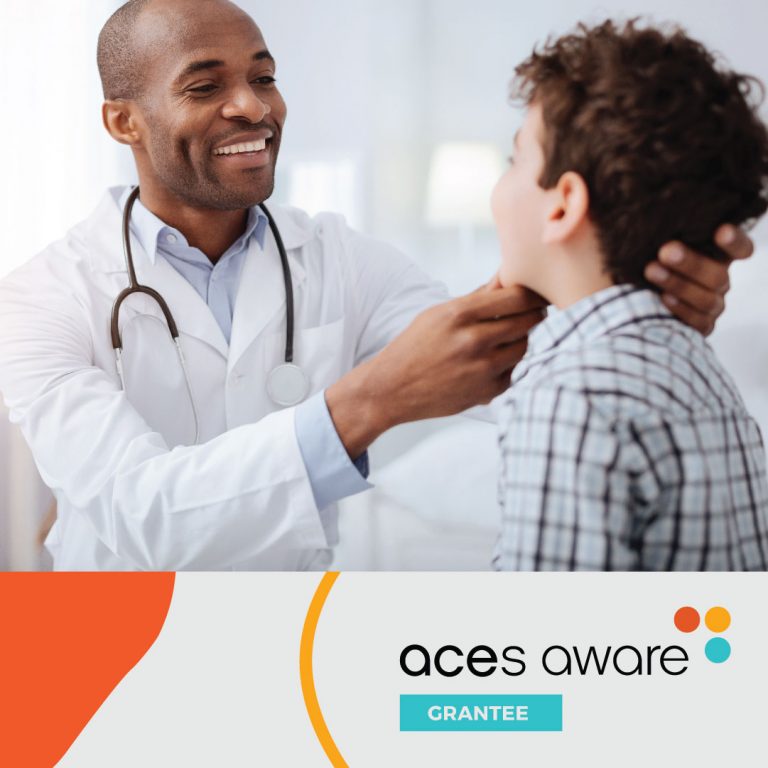Adverse Childhood Experiences: Supporting the Mental Health of Adolescents During the COVID-19 Pandemic

The previous post discussed Adverse Childhood Experiences (ACEs), toxic stress, and resources for healthcare providers to screen and treat patients experiencing toxic stress.
This post focuses on how the COVID-19 pandemic may be affecting the mental health of adolescents and how caregivers, practitioners, and community members can help youth mitigate the effects of toxic stress and develop resilience.
Exposure to Toxic Stress Affects Development During Adolescence

Adolescence, the phase of life between childhood and adulthood approximately corresponding to ages 10-24, includes hormonal changes, neurobiological development, and physical maturation. Youth often display emotional reactivity, changes in social behavior, and increased risk-taking and novelty-seeking. Concurrently, peer influence is heightened, while impulse control increases through adolescence into the early to mid-20s. Thus, adolescents may knowingly engage in risky behavior due to emotions and peer influence.
While adolescence is a time of significant change, it can also be a time of vulnerability. In particular, toxic stress (defined in the side panel) can negatively impact development. Adolescents who experience complex or compound stressors (i.e., toxic stress) generally have increased stress reactivity and anxiety and depression, with decreased cognitive performance in adulthood. Further, associations have been found between people having multiple ACEs and health risk behaviors, such as smoking, sexual risk-taking, problematic drug or alcohol use, and interpersonal and self-directed violence.
Adolescence is often the phase of life where mental health conditions are identified. Many mental disorders have a median age of onset before the age of 24, particularly neurodevelopmental disorders, anxiety disorders, eating disorders, and obsessive-compulsive disorder. Notably, the prevalence of U.S. adolescents with a mental health disorder with severe impairment or distress is widespread. In 2010, 22.2% of adolescents displayed mood, anxiety, behavior, and substance use disorders. Perhaps unsurprisingly, research suggests that exposure to multiple ACEs is associated with mental illness and substance abuse.
Adverse Childhood Experiences, or ACEs, are traumatic experiences including abuse (sexual, physical, or emotional), neglect, domestic violence, community violence, homelessness, caregiver mental illness or use of alcohol/substances, and caregiver separation through placement into foster care, divorce, incarceration, or death.
Toxic stress is extreme, long-lasting stress (including ACEs, poverty, racism, community violence, etc.) that exceeds a child’s/adolescent’s ability to cope. Toxic stress causes an excessive activation of the body’s stress response, negatively affecting brain development, immune responses, and metabolic regulatory responses—ultimately leading to the chronic diseases displayed in adulthood (such as diabetes, heart disease, and cancer).
See ACEs and Toxic Stress: Frequently Asked Questions for more information.
COVID-19 is a Toxic Stressor
While the risk of severe disease from COVID-19 has (thus far) been relatively low in young people (age 18 and below), the mental health effects of the pandemic are widespread.
Some experts believe COVID-19 should be treated as an ACE, due to the social isolation, loss of routines, traumatic grief, financial hardships, and loss of/strained social connections that many children and youth (and adults) have experienced.
The COVID-19 pandemic appears to have exacerbated negative mental health trends that were identified before 2020, including an increase in depressive symptoms and worsening mental wellbeing, an increase in nicotine use, and an increase in the misuse of prescription drugs. Further, mental health-related emergency department visits for suspected suicide attempts increased 31% among adolescents during the pandemic.
In particular, youth who have lost a loved one to COVID-19, or whose families have lost financial stability due to the pandemic, are at increased risk for mental health challenges. These youth may benefit from professional counseling.
With the normal changes of adolescent behavior, it can be challenging to identify the signs when an adolescent needs support. Experts recommend seeking professional assistance when youth display excessive anxiety or hopelessness, rage, depression, unhealthy eating or sleeping habits, difficulty with attention or concentration, and loss of interest in activities or personal relationships.

Helping Adolescents Overcome Toxic Stress to Develop Resilience and Wellbeing

Youth can be buffered from the effects of toxic stress by developing protective factors, such as stable attachments and strong relationships, and encouraging activities that develop resilience.
Regardless of the type or source of stress, providing opportunities for connection and resilience building are critical for ensuring youth wellbeing. Described in detail in Roadmap for Resilience: The California Surgeon General’s Report on Adverse Childhood Experiences, Toxic Stress, and Health, factors that have been shown to mitigate the toxic stress response include the following:
- Supportive relationships and social engagement
- Quality sleep
- Balanced nutrition
- Physical activity
- Mindfulness practices
- Experiencing nature
- Mental healthcare
For more information and resources about these healthy practices, please visit the American Academy of Pediatrics’ “healthy living” resources for caregivers and their children.
Further, The Harvard Center on the Developing Child has developed A Guide to COVID-19 and Early Childhood Development with resources to help caregivers, child care providers, pediatricians, etc. through this challenging time.
If you are a caregiver and are concerned about a change in your teen’s behavior, it’s important to contact your healthcare provider. Clinicians can provide critical support and assessments to ensure physical and mental wellbeing, including clinical assessments for ACEs, screening for depression and other mental health concerns, and providing referrals for mental health practitioners, as needed.
If you are a practitioner interested in learning more about becoming certified to receive Medi-Cal payments for ACE screenings and evidence-based interventions for supporting patients who are experiencing or have experienced toxic stress, please visit ACEs Aware for additional information and resources.
Despite the challenges that everyone has faced during the COVID-19 pandemic, youth with social support, positive coping skills, home quarantining, and parent-child discussions have shown positive mental health outcomes during the COVID-19 pandemic. By reducing sources of stress, supporting responsive relationships, and strengthening core skills, we can reduce the effects of ACEs and toxic stress to improve outcomes for children and families.
